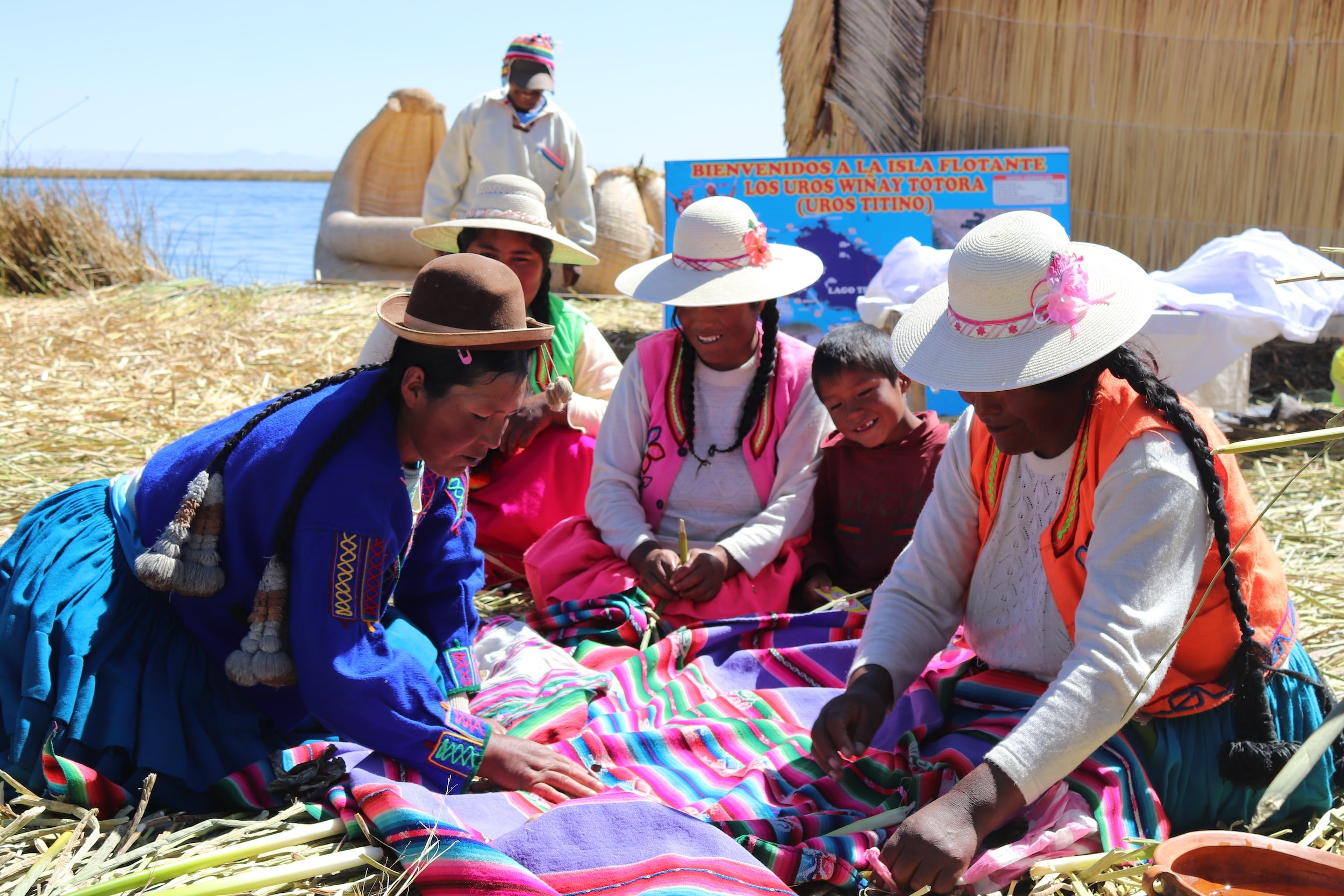Ethics in Cross-Cultural Research
by Janet Salmons, Research Community Manager for SAGE Methodspace
Dr. Salmons is the author of Doing Qualitative Research Online, which focuses on ethical research and writing, and What Kind of Researcher Are You? which focuses on researcher integrity. With the code MSPACEQ322 you receive a 20% discount when you order the books from SAGE. Valid through September 30.
The Methodspace focus for August 2022 is on research ethics. In a previous post, Ethical Dilemmas and Fair Practices in International Research, readers could explore the issues involved in cross-border studies. Sometimes we cross cultures as well as borders, other times we find very different cultures in our own neighborhoods. Ethical issues carry more weight when languages, norms, and expectations are grounded in cultural identities.
This collection of open-access articles offers insights into research ethics in cross-cultural studies.
Kara, H., Jäppinen, M., Nordberg, C., & Riitaoja, A.-L. (2022). The ethical performance of access and consent in ethnographic research on social work encounters with migrant-background service users. Qualitative Social Work. https://doi.org/10.1177/14733250221088421
Abstract. In this article, we contribute to an emerging body of literature concerning the often-overlooked topics of access and consent in research. We posit our understanding of access and consent as continuous ethical reflection and negotiation, conceptualised here as ethical performance, which is particularly valuable in research in institutional contexts defined by numerous power asymmetries. We draw empirically from research on street-level institutional encounters between social work practitioners and migrant-background service users in the Helsinki capital region. Access in this research was a multi-stage process including various stage-related negotiations, and the previous stages always influenced the stages that followed. Nevertheless, access and consent were always erratic and subject to revision. We describe how the need for ethical reflexivity arises in various concrete, often unpredictable, situations, and argue for the importance of paying explicit analytical attention to negotiations regarding access and consent.
Humpage, L., Fozdar, F., Marlowe, J., & Hartley, L. (2019). Photovoice and refugee research: The case for a ‘layers’ versus ‘labels’ approach to vulnerability. Research Ethics, 15(3–4), 1–16. https://doi.org/10.1177/1747016119864353
Abstract. ‘Vulnerability’ is a key concept used to understand the ethical implications of conducting refugee-focused research. This case study illustrates the need to follow Luna’s (2009) call for a shift from a ‘labels’ to a ‘layers’ approach to vulnerability by analysing how two university ethics committees responded to issues of informed consent in two similar refugee research projects using the PhotoVoice method. The following commentary argues that, when driven by a research governance regime, ethics review risks viewing refugees through a static label of vulnerability, negatively affecting research viability and data quality. In contrast, a layers approach opens space for understanding the potential for vulnerability amongst refugee research participants while supporting PhotoVoice’s goals of empowerment and facilitating agency. The case study highlights the need for national-level ethics statements that encourage a more flexible approach within research institutions.
Kowal, S. P., Bubela, T., & Jardine, C. (2017). Experiences in Broker-Facilitated Participatory Cross-Cultural Research: Overcoming Practical and Ethical Challenges. International Journal of Qualitative Methods. https://doi.org/10.1177/1609406917706883
Abstract. Health researchers are increasingly using community-based participatory research approaches because of the benefits accrued through ongoing community engagement. The documentation of our research partnership highlights key ethical and analytical challenges researchers face in participatory research, particularly in projects partnering with service providers or cultural brokers in cross-cultural settings. In this article, we describe how choices made to accommodate a participatory research approach in the examination of vaccination behavior impacted the process and outcomes of our qualitative inquiries. First, we found that employing multiple interviewers influenced the breadth of discussion topics, thus reducing the ability to achieve saturation in small study populations. This was mitigated by (a) having two people at each interview and (b) using convergent interviewing, a technique in which multiple interviewers discuss and include concepts raised in interviews in subsequent interviews to test the validity of interview topics. Second, participants were less engaged during the informed consent process if they knew the interviewer before the interview commenced. Finally, exposing identity traits, such as age or immigration status, before the interview affected knowledge cocreation, as the focus of the conversation then mirrored those traits. For future research, we provide recommendations to reduce ethical and analytical concerns that arise with qualitative interview methods in participatory research. Specifically, we provide guidance to ensure ethical informed consent processes and rigorous interview techniques.
Pelzang, R., & Hutchinson, A. M. (2018). Establishing Cultural Integrity in Qualitative Research: Reflections From a Cross-Cultural Study. International Journal of Qualitative Methods. https://doi.org/10.1177/1609406917749702
Abstract. This article contributes to the growing body of literature on the methods and techniques that might be used to help ensure the cultural integrity and rigor of research that has a cross-cultural dimension. Drawing upon our experiences while conducting a study investigating patient safety concerns in Bhutan, we will reflect on how the study was conceptualized and framed around the elements of the Bhutanese traditional cultural values; how the researchers were positioned; and how the intercultural perceptions, representations, languages, and attitudes influenced the fieldwork processes. It is anticipated that the approach described in this article will help qualitative researchers to understand how important it is to recognize and be responsive to the cultural and linguistic nuances of given research settings to achieve cultural integrity.
Pinto da Costa, M. (2021). Conducting Cross-Cultural, Multi-Lingual and Multi-Country Focus Groups: Guidance for Researchers. International Journal of Qualitative Methods. https://doi.org/10.1177/16094069211049929
Abstract. Conducting cross-cultural, multi-lingual and multi-country focus groups represents unique logistic and analytical challenges. However, there is little guidance for the necessary considerations required for such international focus groups. Based on the author’s experience of conducting such research, this publication documents the different stages of planning, fieldwork, analysis and dissemination, and how to mitigate possible challenges and overcome them. It is essential to set up an adequate research team with the linguist and cultural background required. All researchers should have the necessary training in qualitative methods and follow a standardised approach in the facilitation of focus groups across the different countries and in the analysis of the data, ideally in their original languages.
Suwankhong, D., & Liamputtong, P. (2015). Cultural Insiders and Research Fieldwork: Case Examples From Cross-Cultural Research With Thai People. International Journal of Qualitative Methods. https://doi.org/10.1177/1609406915621404
Abstract. The status of the insider and outsider is an important concept for cross-cultural research. Being a cultural insider is recognized as a strength that allows the researcher to take part in the everyday lives of local people and to get closer to the participants. We explore these issues using examples from our own research with Thai people in southern Thailand and in Melbourne, Australia. We suggest that insider status has an impact on whether the researchers can conduct successful fieldwork and obtain in-depth understanding of the phenomenon being investigated. Being an insider enables a researcher to conduct research more sensitively. It helps in gaining a deeper understanding of the sociocultural contexts of the research setting. However, there are also challenges associated with insider status. These include the need to reestablish our position in a community, our assumptions about what the participants tell us, and participants’ expectations about us. This article provides case examples for researchers who are interested in conducting research, particularly within the Thai context. It should contribute to a conceptual understanding of real life experiences in a cross-cultural context in general.






















Informed consent is the term given to the agreement between researcher and participant. In this post Janet Salmons offers suggestions about the intersections of the Internet communications, ethics and participants.